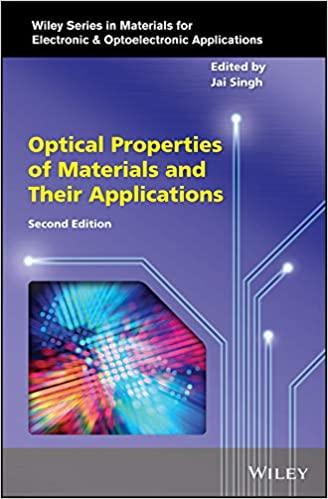Question
The sun generates its energy through nuclear fusion, making helium from hydrogen. The main process by which this happens, called the proton-proton chain, goes as
The sun generates its energy through nuclear fusion, making helium from hydrogen. The main process by which this happens, called the proton-proton chain, goes as follows:
- Two protons come together to create deuterium, a positron, a neutrino, and energy: p + p D + e+ + + energy
- The deuterium fuses with another proton to make 3He: D + p 3He + energy
- Fianlly, 4He is produced by fusing two 3He nuclei together: 3He + 3He 4He + p + p + energy
What is the total energy released during the creation of one 4He nucleus? Give your answer in MeV, and remember that you need to make two 3He nuclei in the process. Be sure to use at least five significant figures for your masses, but your final answer should have three or four sig figs.
Question 2
Nuclear medicine often uses radioactive samples as a tracer to monitor processes inside the body. Suppose a nuclear reactor makes a certain isotope sample with an initial activity of 123 mCi, and the sample gets delviered to a hospital 16.0 hours later, when its activity has become 65.2 mCi. Luckily, the sample remains usable until its activity drops below 11.5 mCi. How long after the delivery is this sample usable?
Step by Step Solution
There are 3 Steps involved in it
Step: 1

Get Instant Access to Expert-Tailored Solutions
See step-by-step solutions with expert insights and AI powered tools for academic success
Step: 2

Step: 3

Ace Your Homework with AI
Get the answers you need in no time with our AI-driven, step-by-step assistance
Get Started


